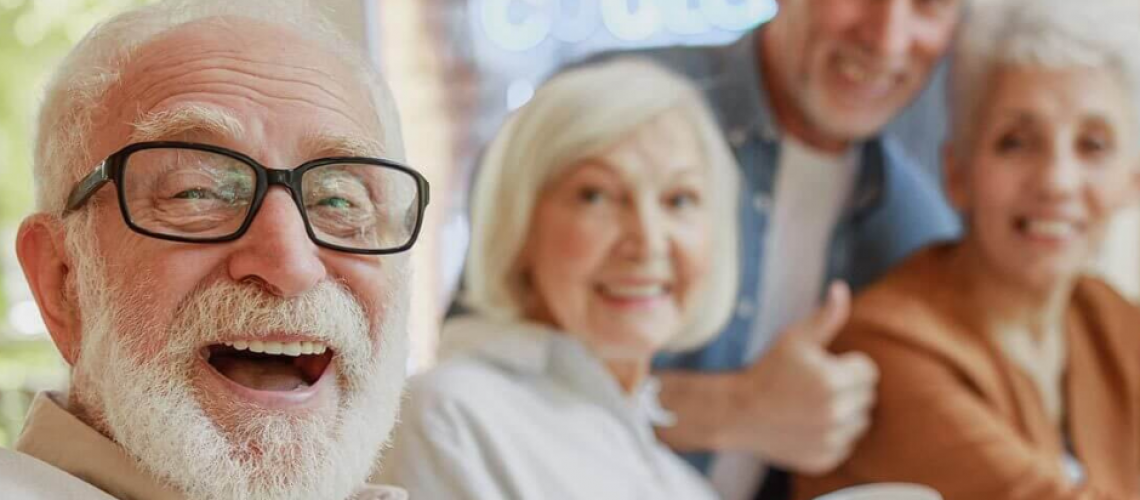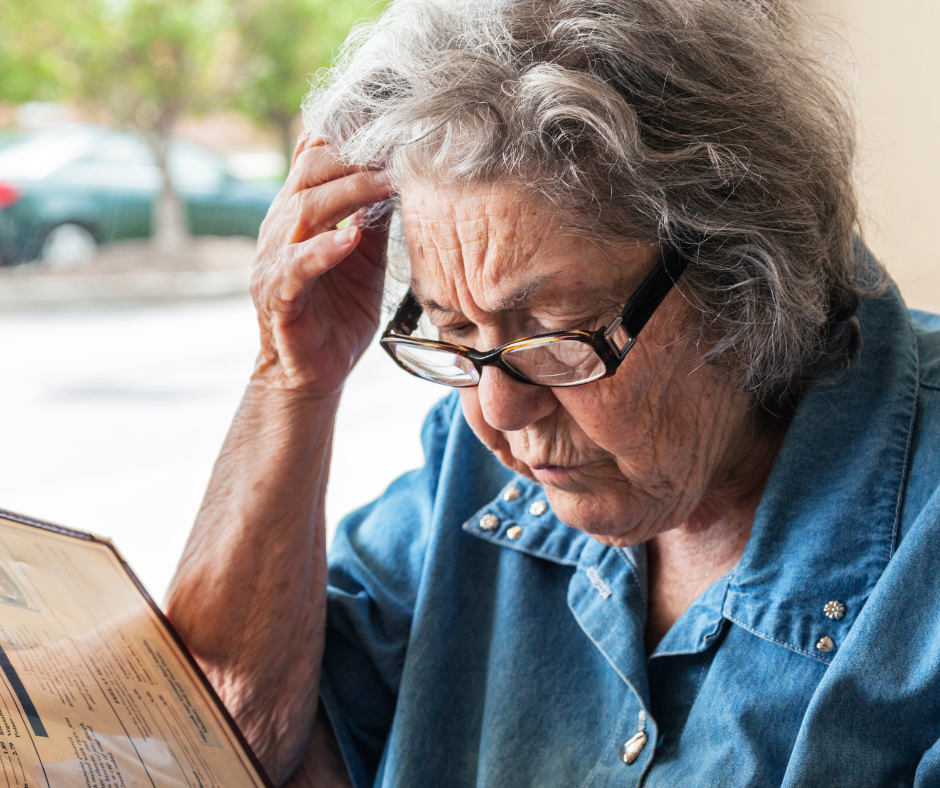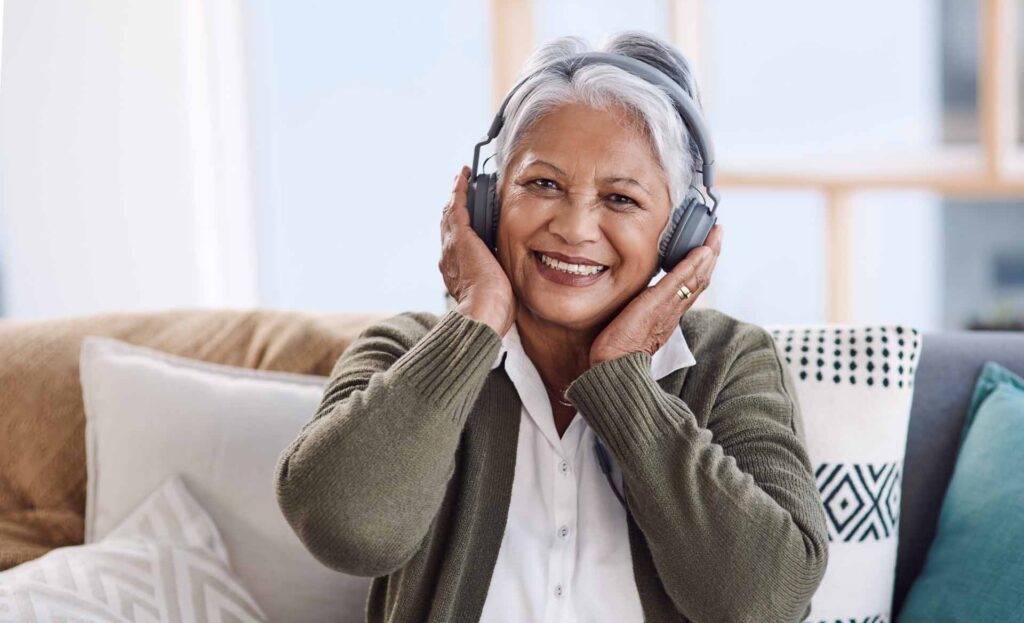In today’s rapidly aging society, the well-being of senior citizens is of utmost concern. While physical health and medical care often take precedence, the significance of socialization for older individuals cannot be overstated. Socialization plays a crucial role in enhancing the overall quality of life for senior citizens. It can promote their mental and emotional well-being, foster their cognitive abilities, and promote a sense of belonging and purpose.
Senior citizens are more likely than anyone to experience isolation and loneliness. That, in turn, can lead to numerous physical and mental health issues that are known to take a significant toll on people. As such, seniors are at a higher risk of those complications. Remaining social aids in keeping such issues at bay. Take a few moments to dig deeper into the various reasons socialization is essential for the elderly population.
Maintaining Mental and Emotional Well-Being
Social interaction significantly impacts the mental and emotional well-being of senior citizens. As individuals age, they may face various life changes, such as retirement, the loss of loved ones, or declining health. These transitions can lead to feelings of isolation, loneliness, and depression. Regular socialization can counteract these negative emotions by providing opportunities for meaningful connections and emotional support. It can also be an important component of memory care for seniors.
Engaging in social activities, such as group outings, clubs, or community events, allows seniors to forge new friendships and maintain existing ones. These social connections offer a support network, providing a sense of belonging, empathy, and emotional stability. Conversations, laughter, and shared experiences act as powerful antidotes to feelings of loneliness, reducing the risk of depression and anxiety.
Preserving Cognitive Function and Mental Stimulation
Socialization also plays a pivotal role in maintaining cognitive function among senior citizens. Engaging in social activities requires active communication, problem-solving, and memory recall, all of which stimulate the brain and promote mental agility. Regular social interaction can help delay cognitive decline and reduce the risk of conditions such as dementia and Alzheimer’s disease.
Group settings, where seniors participate in intellectually stimulating discussions or group games, provide mental challenges and encourage cognitive flexibility. These activities require focus, attention, and memory recall, thereby enhancing cognitive abilities and preserving mental sharpness. Additionally, being part of a senior living community can provide those same benefits. That’s especially true in communities where social engagement is emphasized.
Promoting Physical Health and Well-Being
Socialization indirectly contributes to the physical health of senior citizens. Engaging in social activities often involves physical movement, such as walking, dancing, or participating in recreational sports. Regular exercise helps maintain mobility, balance, and overall physical fitness, reducing the risk of chronic diseases and improving cardiovascular health.
Furthermore, socialization can positively influence health behaviors. Participating in group activities and socializing with peers can motivate seniors to adopt healthier habits, such as better nutrition, regular exercise routines, and adherence to medication schedules. Sharing experiences and knowledge within a social network can empower senior citizens to take proactive steps toward improving their well-being. That’s yet another way in which senior living in Grand Junction, CO can help seniors by emphasizing socialization.
Creating a Sense of Purpose and Meaning
Socialization provides senior citizens with a sense of purpose and meaning in their lives as well. Engaging in social activities allows them to contribute to their communities, share their wisdom and life experiences, and continue to feel valued and respected. Volunteering or participating in mentorship programs not only benefits others but also enhances seniors’ self-esteem, fostering a sense of purpose and fulfillment. People often lose that sense of purpose as they age and their lives change, but continuing to participate in social activities can prevent loneliness, isolation, and a loss of direction.
Keeping Seniors Social
Socialization plays a vital role in the lives of senior citizens. By promoting mental and emotional well-being, it provides a sense of purpose and belonging. In maintaining cognitive function, and enhancing physical health, social interaction becomes an essential ingredient for a fulfilling and meaningful life. Recognizing the importance of socialization and creating inclusive environments that encourage older adults to connect, engage, and participate can significantly enhance their overall quality of life.
At Western Slope Memory Care, we fully understand how important socialization is to our residents. We encourage them to interact with each other and routinely plan events where residents can mingle. We also focus on mental and cognitive health as integral components of our memory care services. On top of that, our caregivers keep in mind the diverse physical and emotional needs of our residents to provide well-rounded care.





